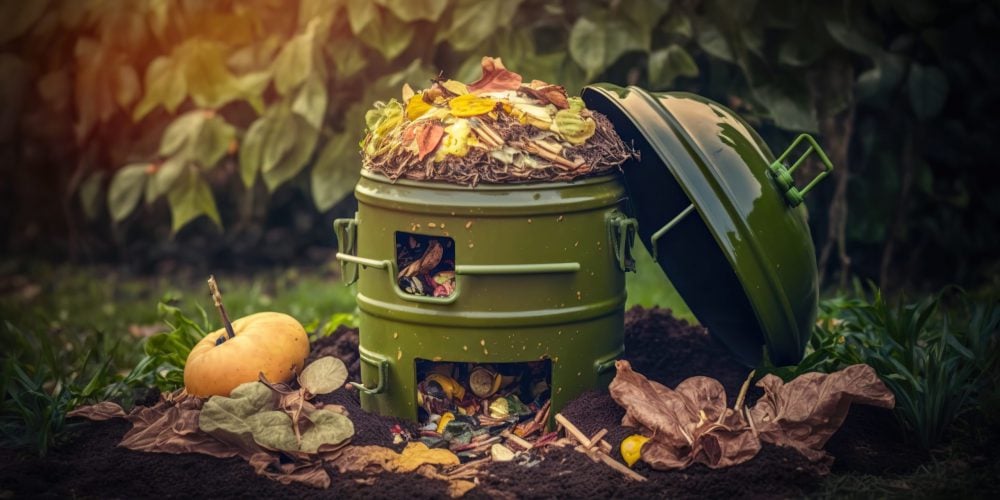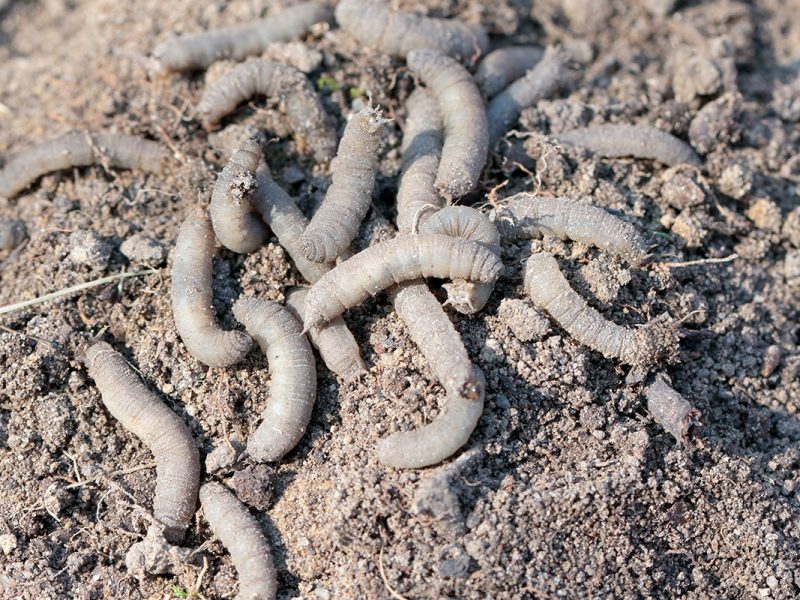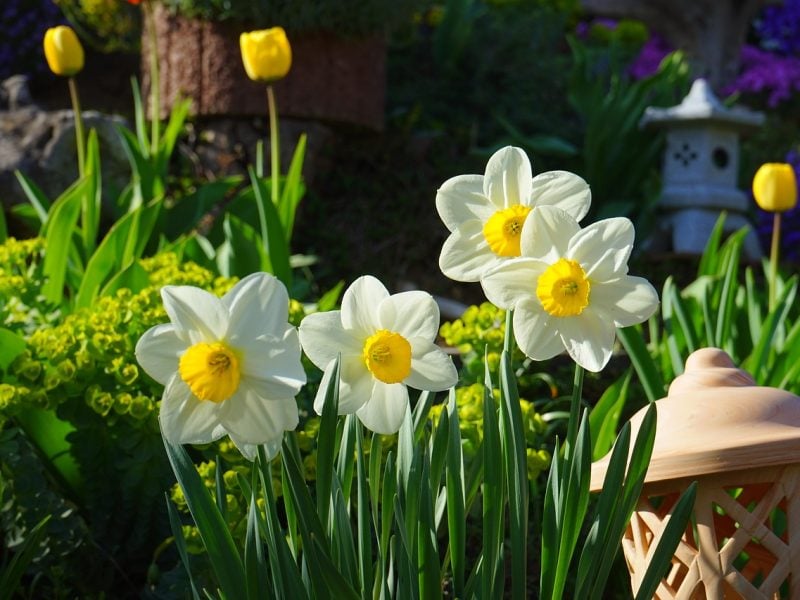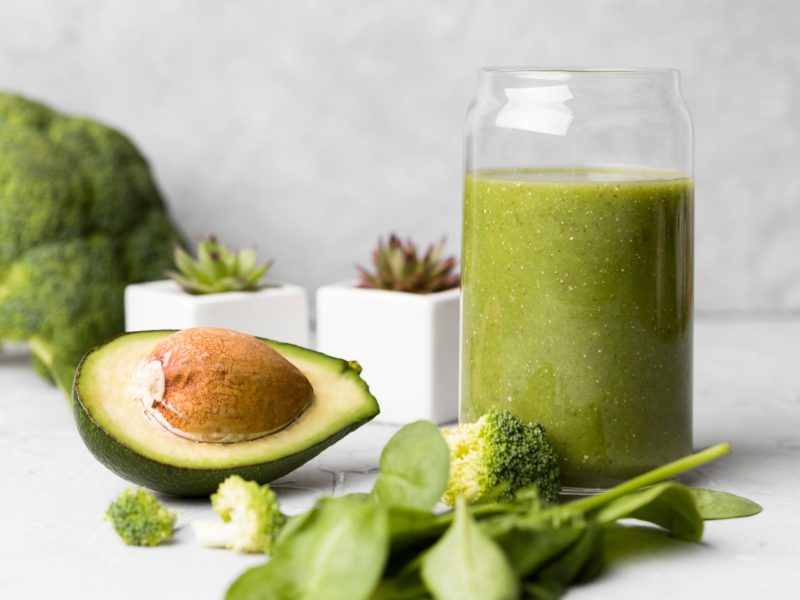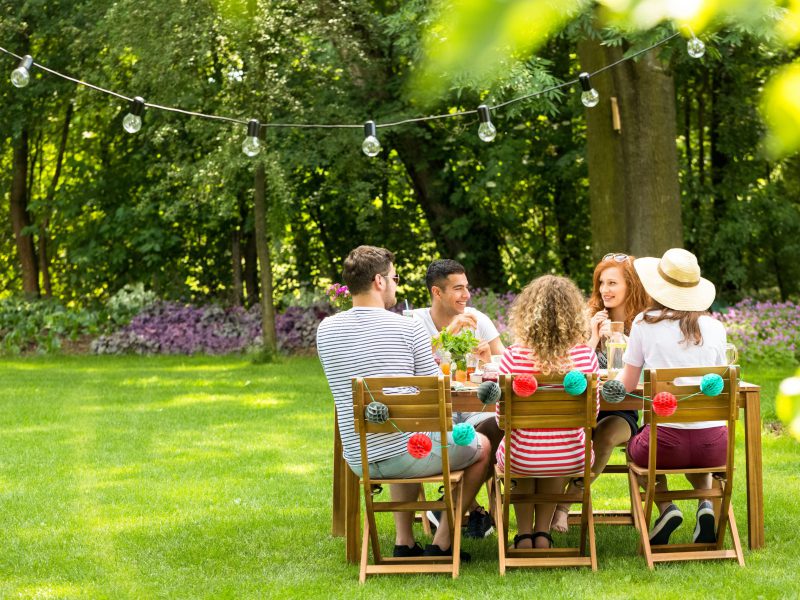Gardening is a wonderful way to connect with nature, but it can also have a negative impact on the environment if not done sustainably. The good news is that it’s possible to have a beautiful, productive garden that’s also eco-friendly!
Your local Greensleeves Lawn Care Manager is always ready to offer you some expert advice. In the meantime, here are some tips for keeping a sustainable and eco-conscious garden…
Choose native plants
Native plants are best suited to the local climate and soil conditions, which means they require less water and fewer pesticides. Additionally, native plants provide habitat and food for native pollinators and wildlife, such as bees and butterflies, encouraging ecosystem growth.
Plant a tree
Research shows that larger plants, particularly trees, support more wildlife. They don’t have to be huge either. Whether free-standing, trained against a wall or grown into a hedge, they come in all shapes and sizes. Aesthetically, the addition of height to a garden adds a new dimension to it – as well as attracting more wildlife.
Compost
Composting is a great way to reduce waste and improve the soil. Composting garden waste and food scraps adds organic matter to the soil, improving its structure and fertility.
Mulch
Mulching can reduce water loss, control weeds, and regulate soil temperature. Use organic mulches, like wood chips or leaves, to improve soil health and fertility over time.
Collect rainwater
Collecting rainwater in barrels or tanks is a great way to conserve water and reduce your water bill. You can use the collected rainwater to water your garden and lawn, reducing the amount of water you use from the tap.
Use environmentally-friendly garden tools
Garden tools like rakes, hoes, and spades can have a significant impact on the environment if they’re made from non-renewable materials or are manufactured using energy-intensive methods. Choose environmentally-friendly garden tools that are made from sustainable materials and manufactured using eco-friendly processes.
Avoid plastic
Plastic can take hundreds of years to decompose, and it can have a significant impact on the environment if it ends up in the ocean or landfill. Where possible, avoid using plastic products in the garden, like plastic pots and bags, and choose biodegradable alternatives instead.
Support local businesses
Buying plants, seeds, and garden supplies from local businesses supports the local economy and reduces the carbon footprint of transportation.
Knowledge is power
Finally, educating yourself about sustainable gardening practices is essential. There are plenty of books, websites and resources available to help you learn more about sustainable gardening!

